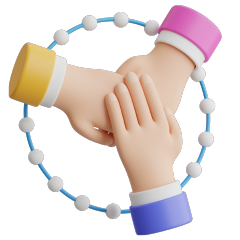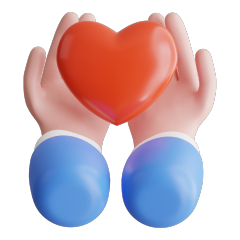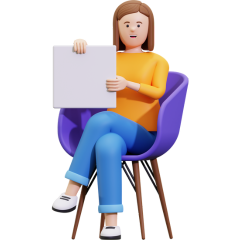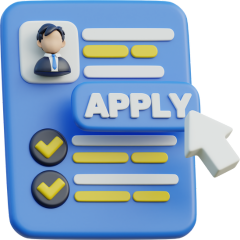How adaptive sports empower people with disabilities
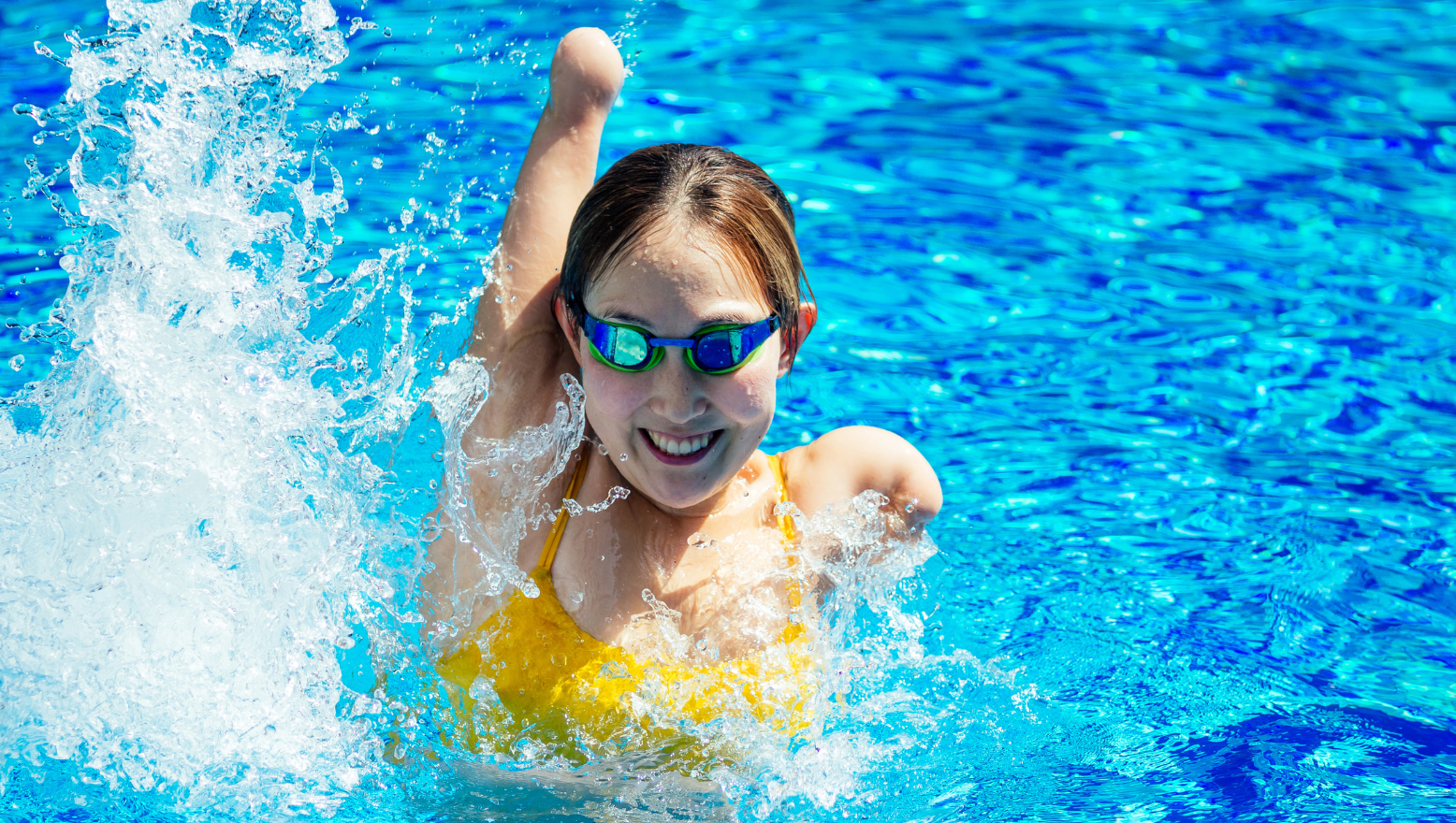
Adaptive sports empower people with disabilities, with NDIS sports activities, recreational supports and group events helping Australians stay active, connected and included.
Table of Contents
Sport has a way of bringing people together. It builds confidence, pushes boundaries and creates connections that last long after the final whistle. For people with disability, adaptive sports do all of this and more. They open doors that too often stay closed, offering not just fitness but freedom, community and the chance to grow on your own terms.
With para athletics events taking place worldwide including New Delhi this 2025, we’re reminded that sport isn’t just for elite competitors. It’s part of a global conversation about inclusion. Whether you’re chasing medals or simply joining a local game, there are countless ways to find your rhythm.
Why adaptive sports matter
The benefits are straightforward. Adaptive sports improve physical health, strength, balance and mobility. They help manage health issues like cardiovascular risk or loss of bone density.
They also support mental wellbeing. Being active boosts mood, reduces anxiety and strengthens grit. The biggest change for a lot of people is not measurable in medals, but in feeling more capable, more visible, more part of something.
Social connection is another big win. Being in a team or a group means shared stories, laughter, belonging. It turns exercise into experience, training into community.
Research backs this up. The Australian Sports Commission’s Role of sport for persons with disability summary shows sport plays a “positive role in the lives of people with disability,” improving wellbeing, building social support and resilience. Participation in sport is also linked with better employment outcomes and stronger education engagement.
Adaptive sports supports available in Australia
Getting involved in sport can be challenging if you need modified equipment, extra coaching or a support worker to assist. That’s where recreational supports come in. In Australia, one of the main pathways is through the National Disability Insurance Scheme (NDIS).
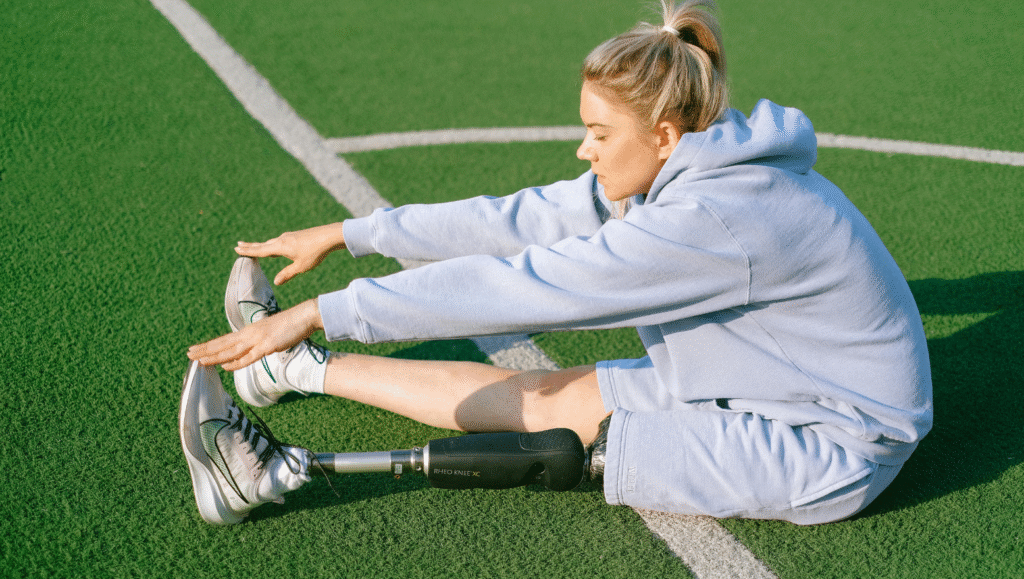
The NDIS can fund NDIS sports activities, group events and community participation, but there are clear rules about what is and isn’t covered. Supports must be “reasonable and necessary” meaning they should connect to your goals, improve independence and represent value for money.
Examples of what the NDIS may fund include:
- Support workers to accompany you to sport or recreation sessions
- Transport to and from your chosen activity
- Adaptive equipment, like modified sporting gear or safety supports
- Participation fees if the activity directly helps you achieve your NDIS goals
What the NDIS generally won’t fund are the everyday costs that anyone would pay, such as standard club memberships, uniforms or regular sports fees. The focus is on enabling access, not covering standard lifestyle costs.
To access these supports, participants can include sport and recreation in their plan under Increased Social and Community Participation. If you’re unsure, talk to your support coordinator or planner about linking your fitness goals to your NDIS plan.
Outside the NDIS, there are other supports too: local councils often run all-abilities recreation programmes, while state sporting organisations (like Wheelchair Sports NSW/ACT or Disability Sports Australia) connect people with clubs and events.
Types of adaptive sports in Australia
Australia has a growing list of NDIS approved sports and community-based programmes designed to be inclusive and beginner-friendly. Whether you’re looking for something competitive or just a way to keep moving, there are options:
- Wheelchair basketball – one of the most popular adaptive sports, with leagues at community and national levels.
- Para swimming – accessible across Australia, often integrated into local swim clubs.
- Boccia – a precision ball sport similar to bowls, great for people with high support needs.
- Wheelchair rugby – high-energy and team-based, it combines fitness with strong community ties.
- Para athletics – running, throwing and jumping events modified for different abilities.
- Adaptive cycling – using handcycles or modified bikes, available through cycling clubs across the country.
- Blind sports – including goalball, cricket and football, adapted for vision-impaired athletes.
- Recreational sports – yoga, dance and all-abilities fitness classes offered by community centres.
The best part is that many programmes welcome complete beginners. Clubs often provide “come and try” days, adaptive equipment and peer mentors. The idea is not to push people into elite pathways (unless they want that) but to create safe, supportive spaces where everyone can participate.
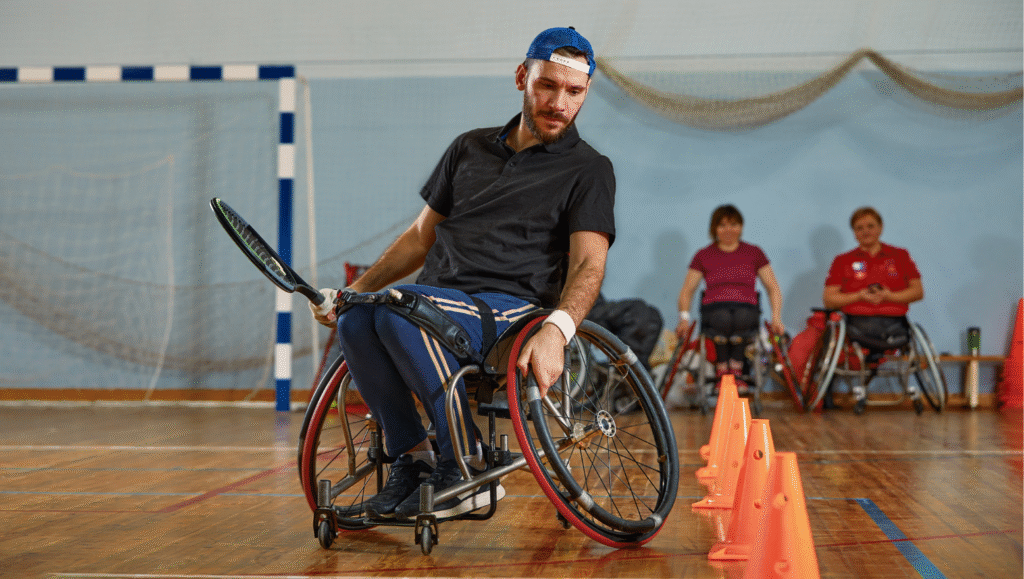
If you’re new, starting small makes sense, try one session, bring a friend or support worker and focus on what feels enjoyable. It’s less about performance and more about discovering what movement feels good for your body.
The role of the NDIS in enabling sports and recreation
NDIS sports activities don’t happen in a vacuum. Supports can cover not just participation, but also the things that make sport possible: transport, adaptive gear, or assistance at group events.
That means if you’ve got goals in your plan around community participation or physical health, there’s a real chance sport can be part of the package. It’s about shifting “want-to-do’s” into “get-to-do’s.”
Supports must align with your plan, be affordable and clearly link to building independence or skills. That’s why talking with your support team and being specific about your sport or recreation goals, matters.
How to get started locally
You don’t need to wait for a world event to begin. Here are steps you can take:
- Find local adaptive sports clubs or community programmes. Most major cities have them.
- Check your NDIS plan: if you have goals around fitness or community, ask if they can be linked to NDIS sports activities.
- Explore group events for motivation and connection.
- Trial adaptive equipment or start with “come and try” sessions.
- Begin gently. It’s OK to start once a week and build from there.
Adaptive sports: Bringing it all together
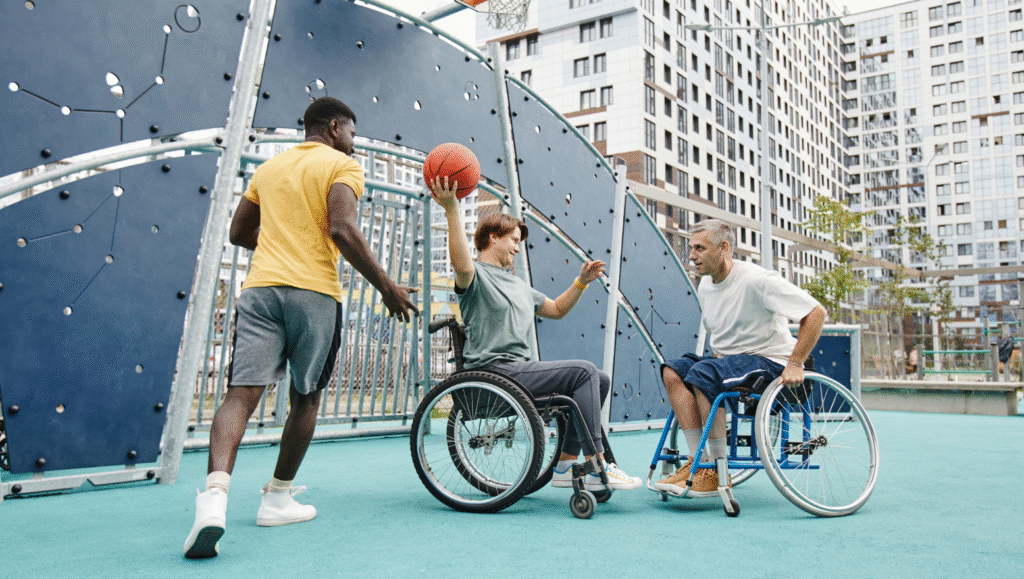
Adaptive sports are powerful. They give people with disability an arena to grow stronger, feel seen and connect with others. But the real impact happens at community level, when people are supported in getting active and enjoying sport.
With the right supports, whether through the NDIS, local clubs or all-abilities programmes, participation is possible at every level.
Leora Healthcare support workers can accompany you sports and recreational activities and group events, making sure you feel supported every step of the way. Let’s enjoy the journey together!
Contact our team today to learn more.
